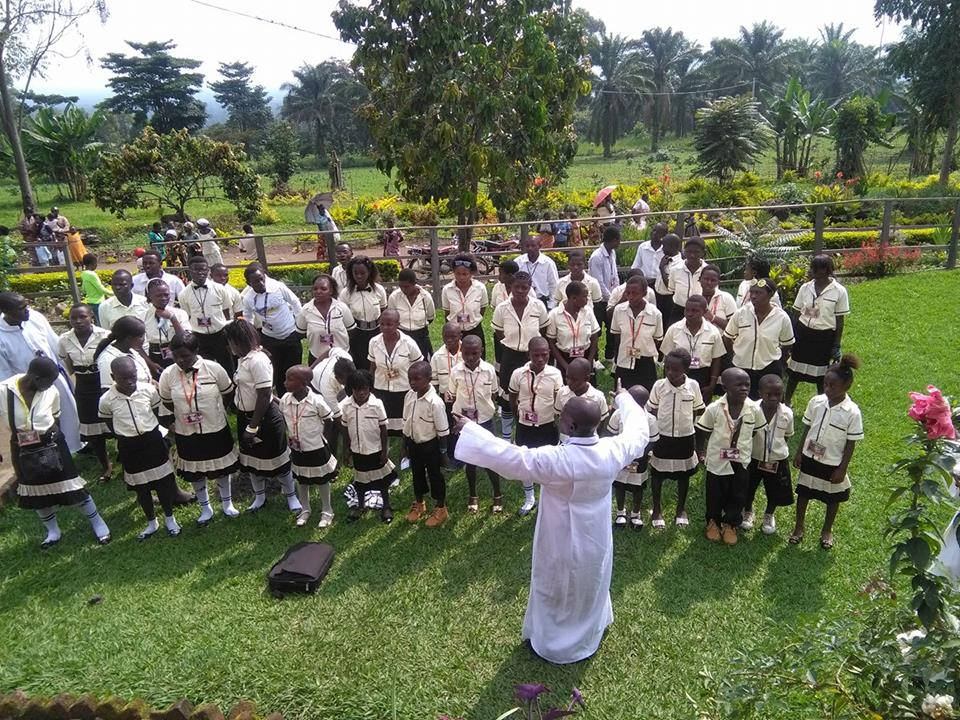In every part of the world, people are unique in terms of their culture, language, and worship. Sacred rituals are part of the life of an individual society where they express their gratefulness and praise to God whom they believe is the reason of their daily existence in this world. I write this reflection to show a little bit how liturgy affects the lives of the people, and in particular, in the liturgy of the Catholic Church in Africa. I will share with you some of my experiences in Africa regarding their way of worshipping God.
During my two month mission experience, I saw how our Christian communities give praise to the God whom they encounter every day. I was amazed by how they presented themselves before God as they gathered in His temple, the Church. African liturgy is rich in terms of liturgical expression like the raising of hands when they sing Glory to God in the highest and Hosanna. They process dancing at the beginning of the Mass and at the singing of the Gloria.
Various gestures show how the faithful offered their praise and thanksgiving to God, crying out to God that He might hear their prayer intentions and the silent petitions of their hearts. African liturgy offered me a deep way of devotion to become closer to God and an encounter to which I will experience in my life as an Adorno. One of my favorite parts of the Mass is what is called “Thanksgiving”. During this particular part of the Mass, people danced and sang solemnly as they expressed to God their heartfelt sense of thanksgiving after receiving holy communion.
Psalm 100:1-2 offers us a glimpse of how to what African liturgy is all about; “Shout for joy to the Lord, all the earth. Worship the Lord with gladness; come before him with joyful songs”. Singing to God joyfully, without guilt in our hearts, and living a life that God promised to us in imitation of Christ.
My experience in our missions in the Democratic Republic of the Congo and in Kenya was a blessing from God. I encountered many people who faithfully observed the commandments of God despite difficulties in life. Such an encounter has left me with a different perspective in life on how people live and express their faith.
I hope that this humble experience of faith will be shared to others and serve as an invitation for more young men to follow Christ in the religious life, especially in our religious family, The Adorno Fathers and Brothers.
Bro. Everhisto Cavite, CRM

